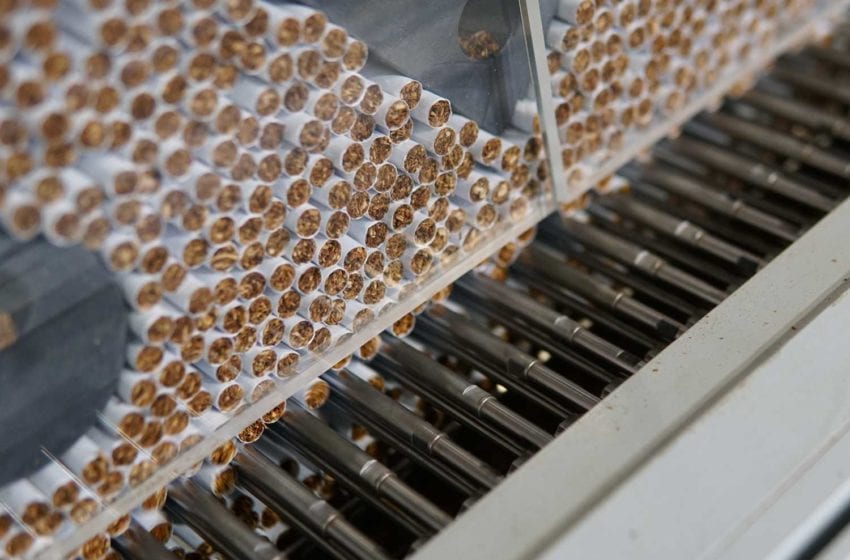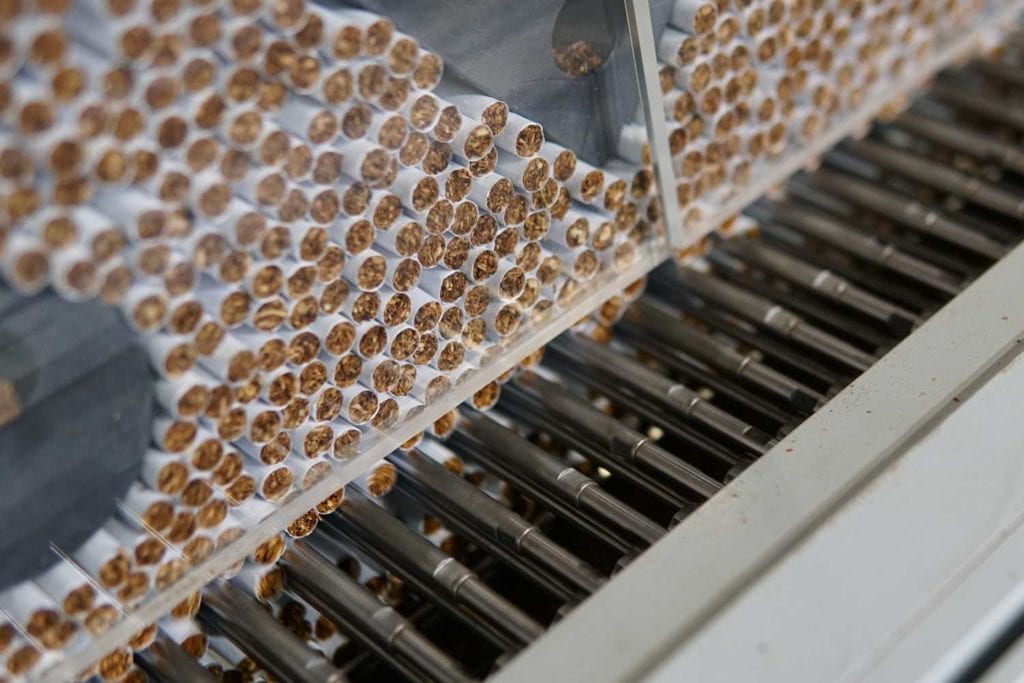
Vapor advocates from across the United States descended on Washington D.C. on Saturday to show support for small vapor businesses and to demonstrate to President Donald Trump that their votes have the power to change the upcoming election.
The activists demanded President Trump push for the Food & Drug Administration (FDA) to reform the Pre-Market Tobacco Application (PMTA) process or extend the cutoff before the looming deadline of Sept. 9.
Organized by United Vapers Alliance, advocates peacefully protested to show the world that “We Vape, We Vote” is a movement that has the influence to disrupt the upcoming election with millions of potential votes up for grabs. The vaping advocates vowed to continue to push elected officials to reject prohibitionist policies that threaten access to life-saving vapor products.
“If President Trump does not deliver on real reform at FDA, he is not only risking the destruction of an American industry, but he will be also be creating a situation where millions of adult ex-smokers could return to deadly combustible cigarettes,” said Dimitris Agrafiotis, executive director of the Tennessee Smoke-Free Association.
“HHS Secretary Alex Azar has pledged PMTA reform, but he failed to deliver. Now, it is up to President Trump to stop the FDA from destroying 99 percent of the industry and leaving 160,000 Americans unemployed in the middle of the COVID-19 pandemic.”





















